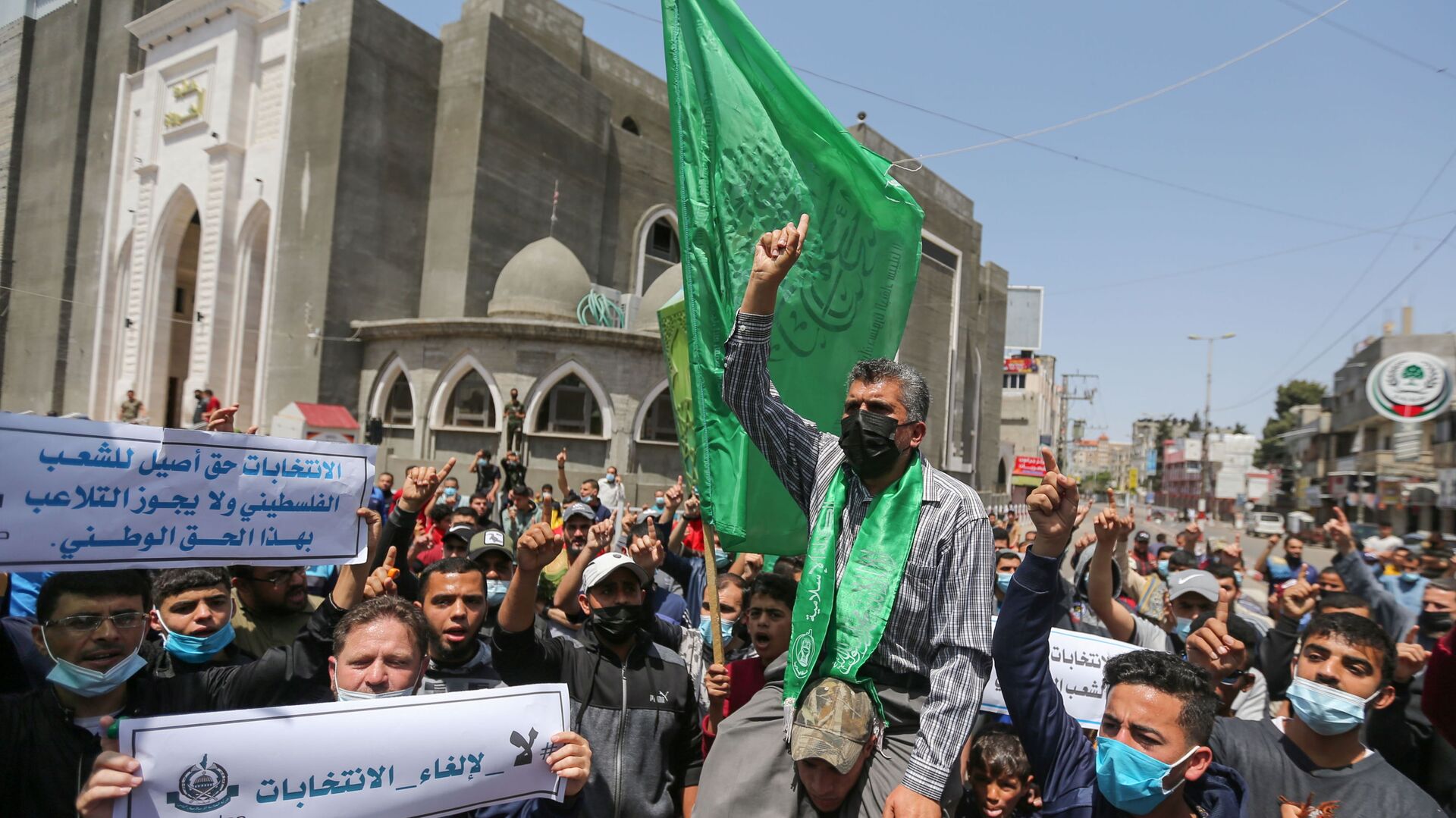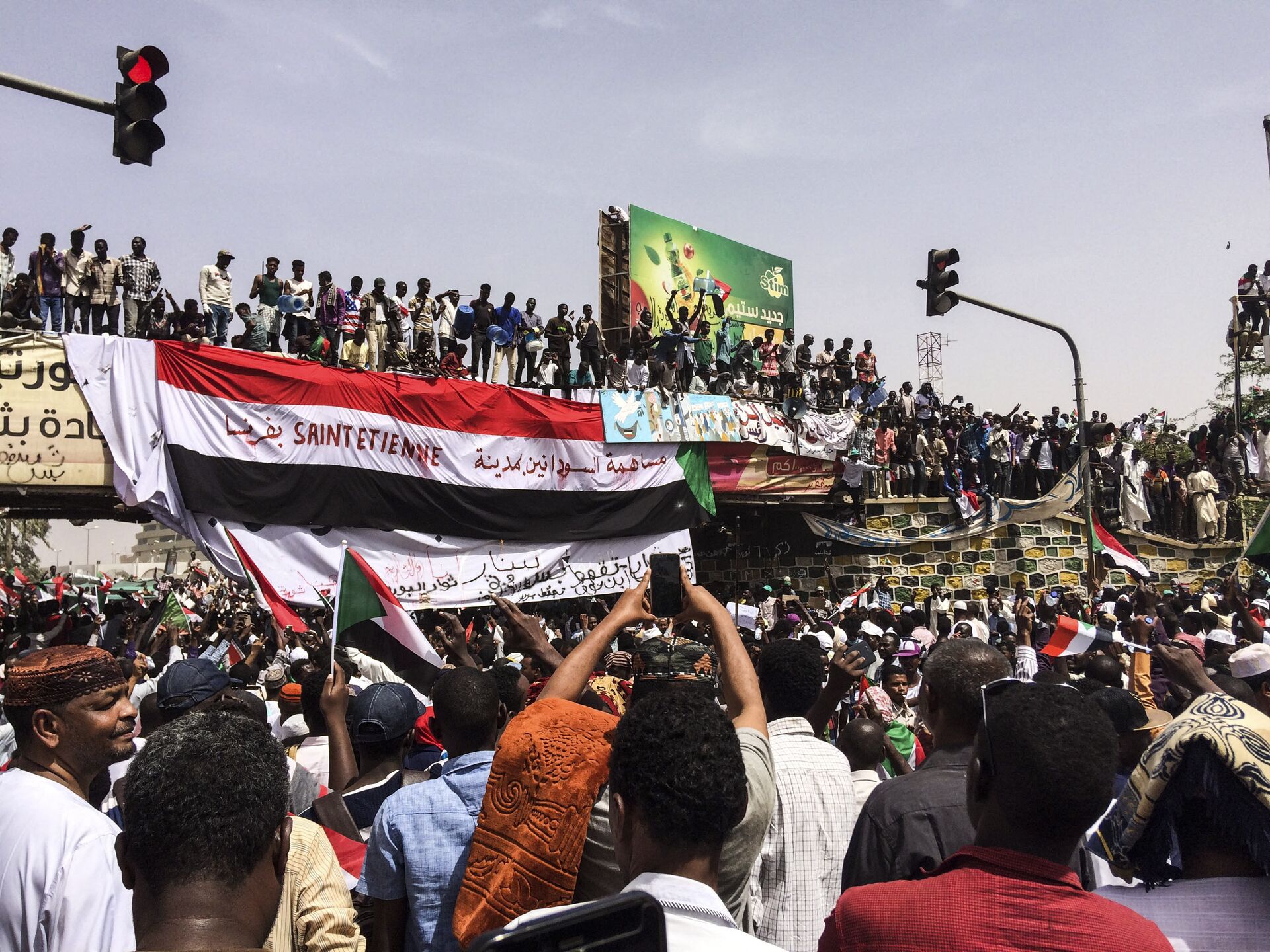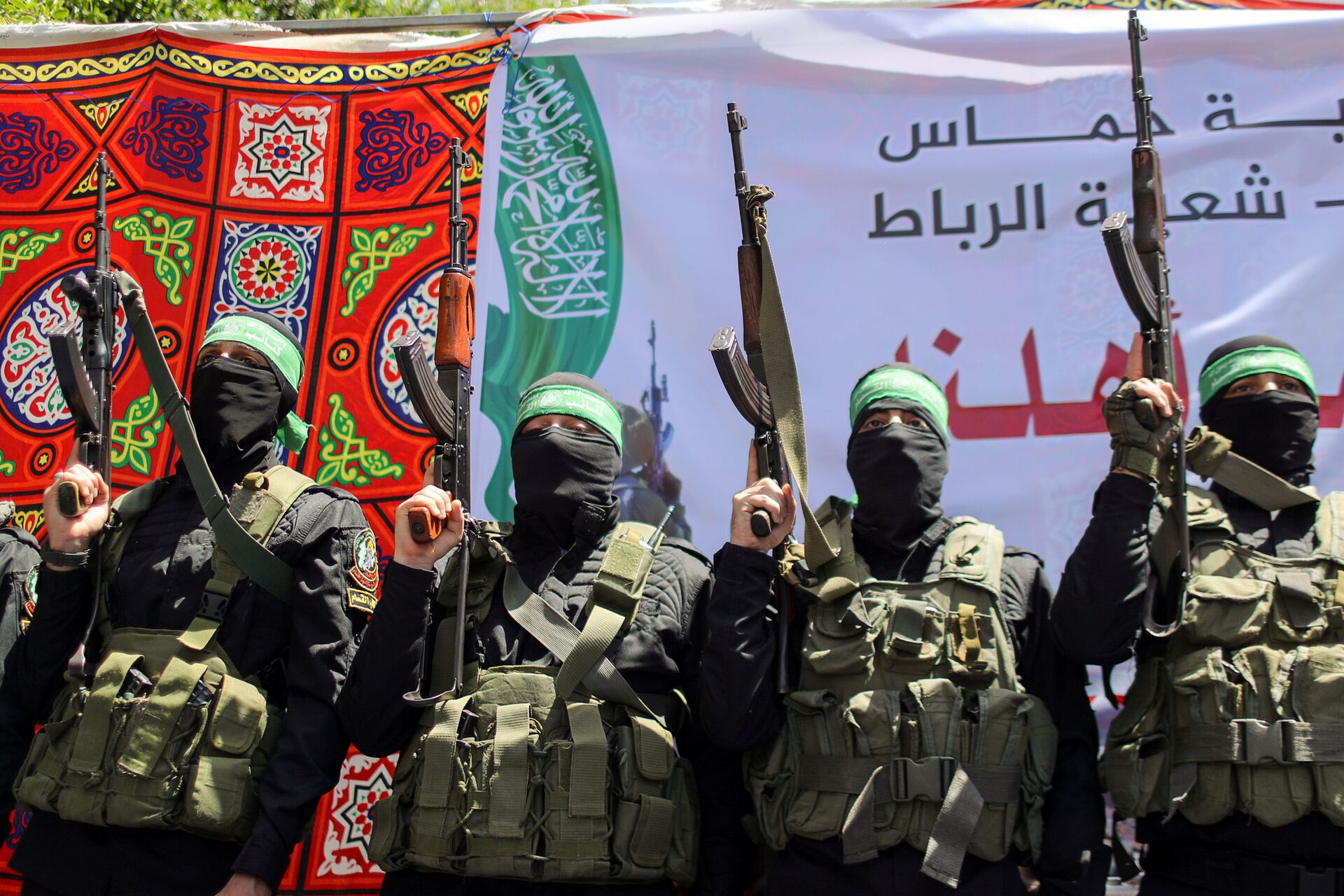Hamas Has No Place in Sudan But Will It Give Up on Former 'Base'?

© REUTERS / Ibraheem Abu Mustafa
Subscribe
Under former President Omar al-Bashir, Sudan served as a base for Hamas militants, who supposedly trained and raised funds there. However, a normalisation agreement between Khartoum and Tel Aviv has brought that cooperation to an end.
Relations between Hamas and Sudan showed signs of cracking on Friday after the latter announced that it had confiscated at least a dozen companies linked to the Islamic group, deemed a terrorist organisation by several regional and international players.
These included a real estate company, a hotel in a prime location, an exchange bureau, a TV station, and more than a million acres of land.
No Place in Sudan
Hamas, which controls the Gaza Strip, has denied that it had any assets in the African country. But Adnan Abu Samer, a Gaza-based political expert, says the Islamic group cannot deny that its "relations with Sudan soured following the latter's decision to normalise ties with Israel".
Khartoum formally recognised Israel last October after intense talks and mediation by the US. Sudan's decision was motivated by its willingness to be removed from the list of state sponsors of terror. Khartoum was first added to the list in the 1990s for purportedly supporting international terrorist groups and giving safe haven to Osama bin Laden.
Sudan sought regional and international support and recognition, and, more importantly, it was hungry for billions of dollars that would bail out its failing economy.

Demonstrators gather in Sudan's capital of Khartoum, Friday, April 12, 2019. The Sudanese protest movement has rejected the military's declaration that it has no ambitions to hold the reins of power for long after ousting the president of 30 years, Omar al-Bashir. The writing on the Sudanese flag says 'With the participation of the Sudanese in Saint Etienne, France.'
© AP Photo / Anonymous
For Israel, Khartoum's decision brought relief. Under former President Omar al-Bashir, a staunch Hamas supporter, Sudan was used as a "foreign base", where the group's militants could reside and train.
It was also believed that Sudan was where Hamas and other militant groups had been raising funds and accumulating weapons, which they eventually smuggled into the Gaza Strip through a sophisticated network of tunnels.
In an attempt to tackle that threat, Israel is said to have carried out a number of strikes on Sudanese soil, targeting military bases and other sites belonging to Palestinian extremists.
The ouster of al-Bashir brought an end to these attacks, and now after the normalisation of ties between Israel and Sudan, Abu Samer says Hamas "has no place in Sudan".
"Relations between Khartoum and Hamas cannot get any worse. The Islamic group saw Sudan as a partner. That partnership is now over".
Hamas Won't Give Up
Yet, the expert is certain that Hamas is not going to sit idly by, watching how its former "base" is being "ruined".
Over the years, Sudan has allegedly allowed the transfer of hundreds of Iranian missiles and other ammunition into the Strip.
It has also played a pivotal role in allowing Hamas and the Palestinian Islamic Jihad, a Gaza-based militant group, to purportedly collect Iranian donations reportedly worth $100 million per annum.
Hamas, which is currently dealing with a severe economic crisis triggered by the outbreak of the coronavirus pandemic, cannot afford more losses, and this is why Abu Samer is convinced that the group is already working on a Plan B.

Palestinian Hamas militants take part in a protest over the possible eviction of several Palestinian families from homes on land claimed by Jewish settlers in the Jerusalem's Sheikh Jarrah neighbourhood, in the northern Gaza Strip May 7, 2021
© REUTERS / MOHAMMED SALEM
Even though al-Bashir is gone, Sudan still has a number of Islamist parties that support Hamas and that oppose their country's relations with Israel.
Hamas is likely to capitalise on the ties it has with these groups and this means that money and weapons smuggling through Sudan is far from being over.
"I am sure that Gaza-based groups will find another way to smuggle Iranian money into the Strip. It is only a matter of time until they figure it out", concluded Abu Samer.


